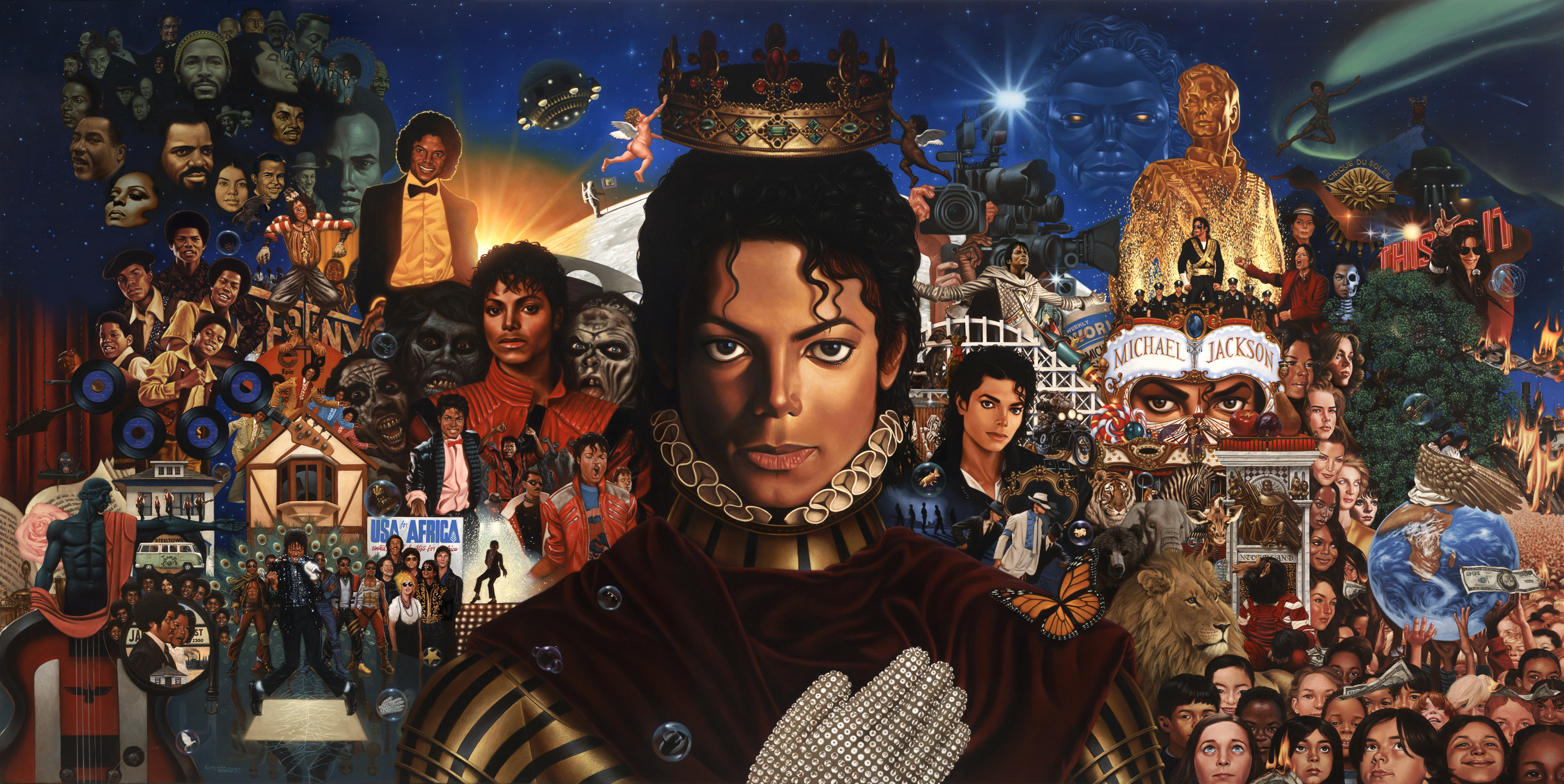 The material on Michael Jackson’s “Michael†was still in embryo when he died, which accounts for why his usual control over every detail of his work doesn’t have the same presence it might’ve had. Since the stuff he put out over the past 15 years wasn’t exactly canon (his “HIStory: Past, Present and Future, Book I†included a greatest-hits album, probably to anchor sales for the newer songs), maybe he was due for a change of pace anyway. It’s ironic that his power in the studio was the very thing that held back the magic he was going for, but when his music is in the hands of producers who actually know what they’re doing, it can realize its potential a little better. If Motown and Quincy Jones aren’t onboard anymore, at least Jackson’s ship has someone capable in charge of it again.
The material on Michael Jackson’s “Michael†was still in embryo when he died, which accounts for why his usual control over every detail of his work doesn’t have the same presence it might’ve had. Since the stuff he put out over the past 15 years wasn’t exactly canon (his “HIStory: Past, Present and Future, Book I†included a greatest-hits album, probably to anchor sales for the newer songs), maybe he was due for a change of pace anyway. It’s ironic that his power in the studio was the very thing that held back the magic he was going for, but when his music is in the hands of producers who actually know what they’re doing, it can realize its potential a little better. If Motown and Quincy Jones aren’t onboard anymore, at least Jackson’s ship has someone capable in charge of it again.
Actually, there are a number of producers at work here (Akon, Lenny Kravitz and Teddy Riley are among them), but they apparently agree on a lot of things, like the way Jackson was a composer first and a lyricist second. While lyrics to songs like “Hollywood Tonight†are good, they’re just a package for engaging melodies, ones that assure us that, even at 50, he still had something to offer.
Of course, when you’re dealing with one of the biggest acts of the 20th century, it seems fair to hold him to above-average expectations. Even the weakest tracks on “Michael†are noteworthy, like his familiar take on the media in “Breaking News,†the early single that didn’t give critics a lot to look forward to. It attempts a spectacle that never quite happens, but it still has a melody that’s interesting enough to leave an impression, and manages to cut deeper than you might expect – he fought the hype right up to the end.
All the same, music clearly brought him lots of joy, and there’s a freshness to songs like “Behind the Mask†and “(I Like) The Way You Love Me†that’s eluded him since his “Dangerous†period, giving “Michael†a poignant sense of rejuvenation. He probably wouldn’t have put out something as simple as this when he was alive, but part of why previous duds like “Ghosts†came up short on the charts was because they were less about the song than the spectacle – a pretext for another overlong video MTV wouldn’t air. “Michael,†on the other hand, reflects a love he’d forgotten how to express, something he’d once warned himself might happen, if only by accident: “I’ve learned that love needs expression,†he sang, “but I learned too late.â€
This article originally appeared on AllMediaNY.com

Leave a Reply